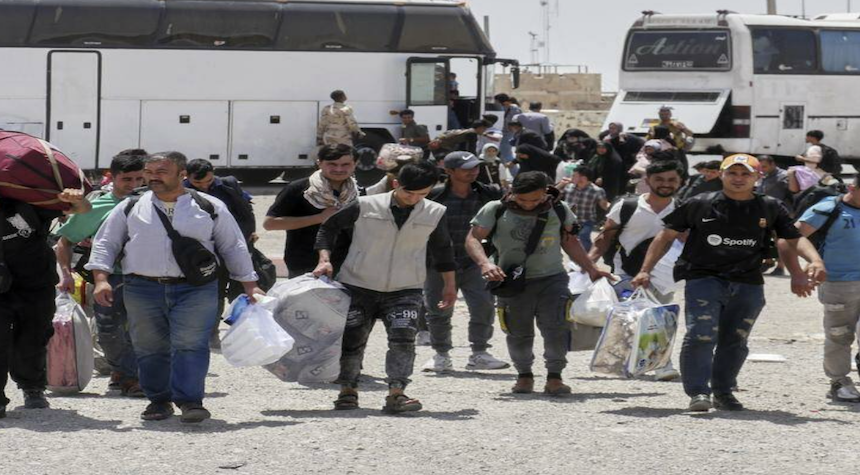President Donald Trump, in a statement released on Sunday, pledged his assistance to Afghan individuals who have been detained in the United Arab Emirates (UAE) in the years following their flight from an increasingly Taliban-controlled Afghanistan.
Trump, a member of the Republican party known for his stringent stance on immigration, suspended refugee resettlement programs shortly after assuming office in January. By April, the Trump administration had ended temporary protections against deportation for thousands of Afghan refugees residing in the United States.
“I will try to save them, starting right now,” Trump declared in a post on Truth Social, a claim that was linked to an article about the uncertain status of Afghans in the UAE. According to reliable sources, Trump referenced a report from the “Just the News” website, which suggested that officials in the UAE were preparing to hand over several Afghan refugees to the Taliban. The State Department, at the time of reporting, has yet to comment on the matter.
The evidence suggests that the UAE, a key security ally of the United States, agreed in 2021 to provide temporary housing to several thousand Afghans evacuated from Kabul as the Taliban assumed control and the U.S.-backed government fell during the final stages of the U.S.-led withdrawal.

Nearly 200,000 Afghans have been relocated to the U.S. by the administration of former President Joe Biden since the hasty U.S. troop withdrawal from Kabul. In 2022, following a request from the U.S., Canada agreed to resettle approximately 1,000 of the Afghans still detained in the UAE. The exact number of Afghans remaining in the Gulf nation remains unknown.
Several countries have compelled Afghan refugees to return to Afghanistan. The United Nations reports that in the past seven months, close to 2 million Afghans were repatriated from Iran and Pakistan. Notably, on Friday, Germany deported 81 Afghan men back to Afghanistan amidst a tightening of refugee admissions.
In the United States, Democrats have urged Trump to reinstate temporary protected status for Afghans, arguing that women and children may face particular danger under the Taliban-led government established in 2021.
The refugees include family members of Afghan-American U.S. military personnel, children authorized to reunite with their parents, relatives of Afghans already admitted into the U.S., and tens of thousands of Afghans who worked for the U.S. government during the 20-year war.


